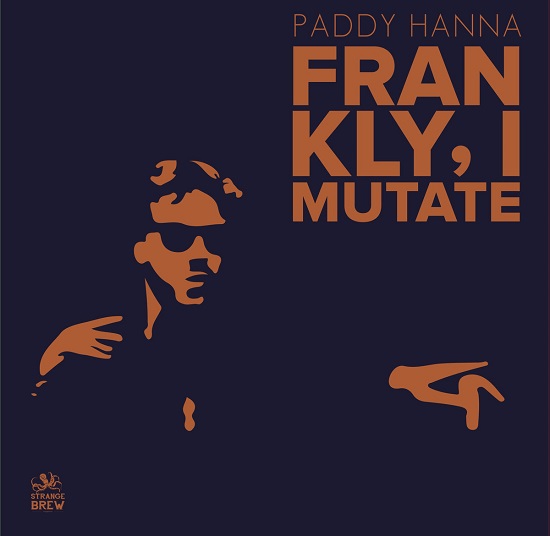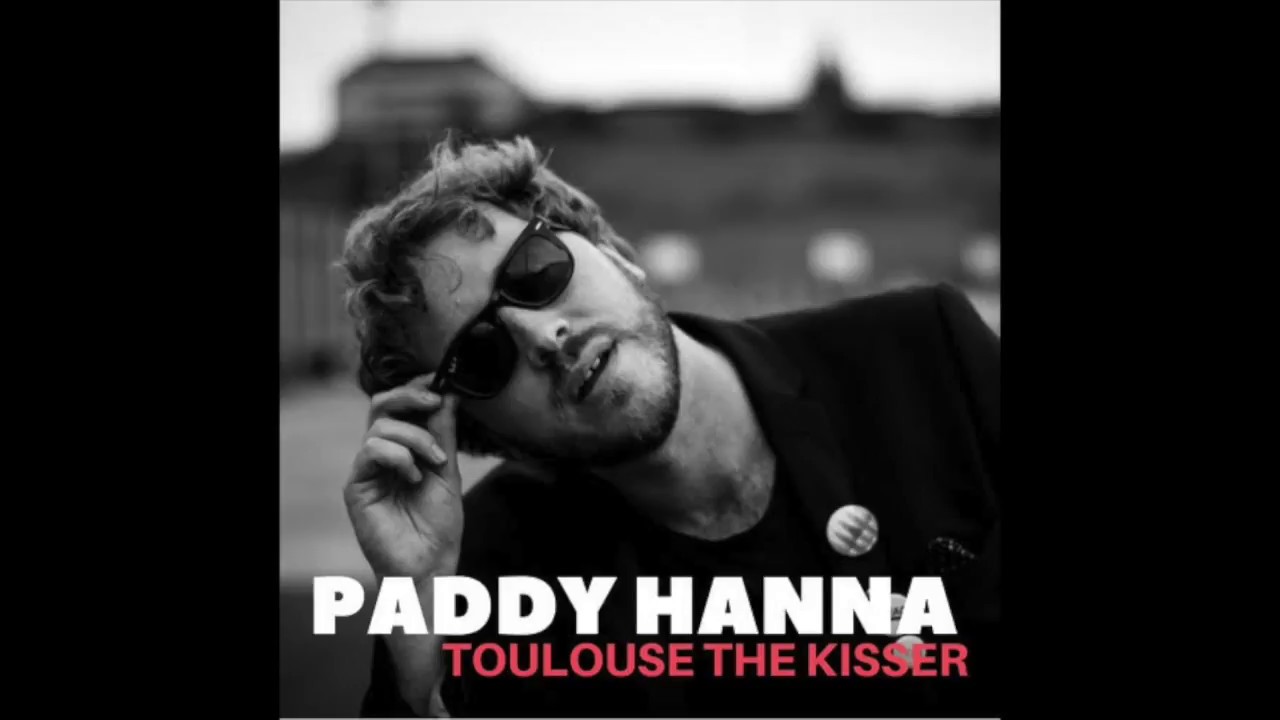“Everyone is terrified, some hide it better…”
On his 2015 single ‘Camaraderie’, Dublin-based singer, songwriter and bockety-pop practitioner Paddy Hanna delivered a line that best summarises one of the core ideas of his solo output to date. In that swaying, understated number and throughout his debut LP Leafy Stiletto the year before, Hanna, with wry humour and succinct storytelling, confronted the versions of ourselves we project to others on a daily basis. Across each tracks’ skittish, Americana-infused sensibility, those roles and ruses were never necessarily presented as entirely detrimental or in any way beneficial. They were merely factual. Unshakably human.
In showing us the “weirdos” in yellow sportscars driving nowhere in particular and the “minds wearing make-up” among the honest accounts of anxiety, depression, confusion and clumsy relationships, Hanna consistently allowed those protective roles to simply be; asking us only to acknowledge them for what they are . To see him perform has always been to see that very notion in real time: His often frantic stance and baring teeth making for an ensnaring performance as a jittery pomp overcomes him and his eyes glare at some imagined thread before him that’s always fit to snap. To be frank about that performative self we all adopt is perhaps to be open about what it is within us they so often mask. What Paddy Hanna does is turn the spotlight onto those everyday theatrics that camouflage our fears in order find the honesty that is not necessarily beneath, but rather within them.
On his new album, the aptly titled Frankly, I Mutate on Galway-based label Strange Brew, the sentiment remains much the same, though Hanna’s own persona has been altered somewhat. Where on Leafy Stiletto and previous releases in bands like Popical Island’s Grand Pocket Orchestra Hanna regularly tugged his vocal chords to an animated falsetto – “because it doesn’t sound like my voice”, he said once in an interview – more recently he has adopted a smoky baritone. The word “crooner” has been thrown around more than once to describe his singing on tracks like ‘Sunday Milksake’ and ‘Ida’, the former of which is a bleak, unabashed account of depression and “realisation, of sleeping on a dirty couch knowing some mistakes cannot be undone” upon a backdrop of upbeat brush-stroked drums and grand strings.
There is an almost hysteric charisma in the way ‘All I Can Say Is I Love You’ and ‘Local Strangers’ are sung, despite their lyrics once again hanging on notions of uncertainty and desperation. Two of the albums most showy, indie-pop cuts, these boisterous affairs also highlight the collaborators featured on Frankly from various corners of Dublin’s independent music scene. String arrangements come from Éna Brennan (Tandem Felix, Dowry), lap-string guitar from David Tapley (Tandem Felix) and drums from Adam Faulkner of panic-inducing noise rockers Girl Band, the bass player of whom (Daniel Fox) produced this entire album.
It is in the stripped back moments of this album however that we are reminded of just how significant it is for Hanna to remove the showman’s sunglasses and produce an honest-to-god folk song. ‘Low Voices’ and ‘Reverend’s Grave’ (which features backing vocals from Dublin “atmosfolk” duo Saint Sister) are touching, restrained vignettes which tell us that, despite this album’s exuberance, at its heart there is only sincerity. The heartrending former track carries the LP’s barest lyric on the subject of immobilising mental illness: “Every time I’m feeling sick, every time I look in the mirror, all the time I’ll feel as though I need you.”
Like on Leafy Stiletto, Hanna introduces us to characters imagined and real who exist as projections of the self or as catalysts through which he approaches emotional strain he couldn’t wade through alone. Album highlights ‘Bad Boys’ and ‘Toulouse The Kisser’ present figures of self-inflicted haplessness with jubilant melodies and playfulness while ‘Mario Lanzo’, named after a 20th century American tenor, became the vehicle through which Hanna expressed suppressed emotions from a period in which his father was seriously ill.
Ultimately, what Frankly, I Mutate has reminded us of once again is that, yes, everyone is terrified, and you are certainly not the only one who hides it. It says, “here pal, I’m at it right now! And so is he, and she is she, and so are they!” And there is comfort in that, in the understanding that to mutate is as common a thing as breathing. In acknowledging that and in laying it out in the open we find the first clearing in a path to openness about the fears, anxieties and weights that can rattle in the skull like a boiling kettle. Over the course of these 12 songs, amid the pageantry and performance, we find only honesty.



